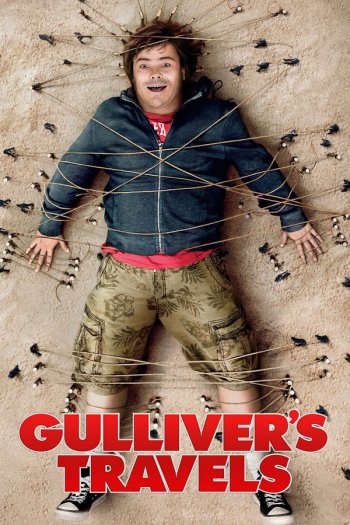Drew Gulliver has become a household name in the world of social media, captivating audiences with her vibrant personality and diverse talents. Known for her presence across multiple platforms, she has built a significant following by sharing her music, humor, and personal life experiences. As her popularity continues to grow, so does the curiosity surrounding her private life, leading to various allegations that have sparked public debate and discussion.
Amidst the buzz, it's essential to delve into the truth behind these claims and understand the impact they have on both Drew Gulliver's career and the broader context of celebrity culture. This article aims to uncover the facts, separate them from fiction, and provide an insightful analysis of the controversies that surround her. By exploring the nuances of these allegations, we hope to shed light on the complexities of fame and privacy in the digital age.
Recently, Drew Gulliver has been at the center of several controversial allegations that have captured the attention of fans and critics alike. These accusations range from leaked content to scandalous rumors, each contributing to a growing narrative around her public image. While some claim these incidents are part of a larger strategy to maintain relevance, others argue that they highlight serious issues regarding privacy and consent in the digital realm.
Exploring the Dynamics of Social Media Influence
In today's digital landscape, influencers like Drew Gulliver wield immense power over their audience. Their ability to shape opinions, trends, and even societal norms is unparalleled. However, this influence often comes with scrutiny, as every aspect of their lives becomes fodder for public consumption. The recent allegations against Drew underscore the challenges faced by those in the spotlight, where personal boundaries can blur under constant public gaze.
The intersection of social media and traditional entertainment has created a unique environment where celebrities must navigate both worlds carefully. For Drew Gulliver, maintaining authenticity while addressing false narratives presents a delicate balancing act. Her engagement with fans through platforms such as OnlyFans highlights the evolving nature of content creation and consumption, raising questions about ethical considerations and user expectations.
As discussions around these topics continue, it becomes increasingly important to examine how society views privacy in an era dominated by instant information sharing. By analyzing the responses to Drew Gulliver's situation, we gain valuable insights into the shifting paradigms of celebrity culture and its implications for individuals navigating this space.
Analyzing the Role of Gender in Modern Media
Gender dynamics play a crucial role in shaping perceptions within modern media landscapes. With figures like Drew Gulliver gaining prominence, there arises a need to critically assess how gender influences public reception and discourse. Studies suggest that women in particular face heightened scrutiny regarding their professional choices and personal lives, often subjected to double standards compared to their male counterparts.
This disparity manifests itself not only in the types of content consumed but also in reactions elicited from audiences. When examining the controversy surrounding Drew Gulliver, one must consider whether existing biases contribute to negative portrayals or exaggerated interpretations of events. Understanding these underlying factors allows us to approach such situations more thoughtfully and constructively.
Furthermore, exploring intersections between gender, sexuality, and identity provides deeper context when evaluating complex scenarios involving high-profile personalities. It encourages reflection on systemic inequalities embedded within our cultural frameworks and prompts calls for greater inclusivity and fairness moving forward.
Evaluating Privacy Concerns Amid Technological Advancements
Technological advancements have revolutionized communication methods, offering unprecedented opportunities for connection and expression. Yet, they simultaneously pose significant threats to individual privacy rights, especially concerning prominent figures whose lives are frequently documented online. Drew Gulliver's case exemplifies these tensions, illustrating potential risks associated with widespread dissemination of personal data without proper safeguards.
Addressing these concerns necessitates robust measures aimed at protecting users' confidentiality while fostering responsible digital behavior among all stakeholders involved. Policymakers, tech companies, and end-users alike share responsibility in ensuring safe environments conducive to healthy interactions free from exploitation or harassment. Encouraging transparency and accountability across industries will help mitigate adverse effects stemming from misuse of technology.
In conclusion, unraveling the intricacies tied to Drew Gulliver's alleged controversies requires careful consideration of multiple dimensions including social media influence, gender roles, and technological implications. Through informed dialogue and collaborative efforts, we strive towards creating equitable spaces where creativity thrives alongside respect for personal autonomy – ultimately benefiting everyone participating in today’s interconnected world.

